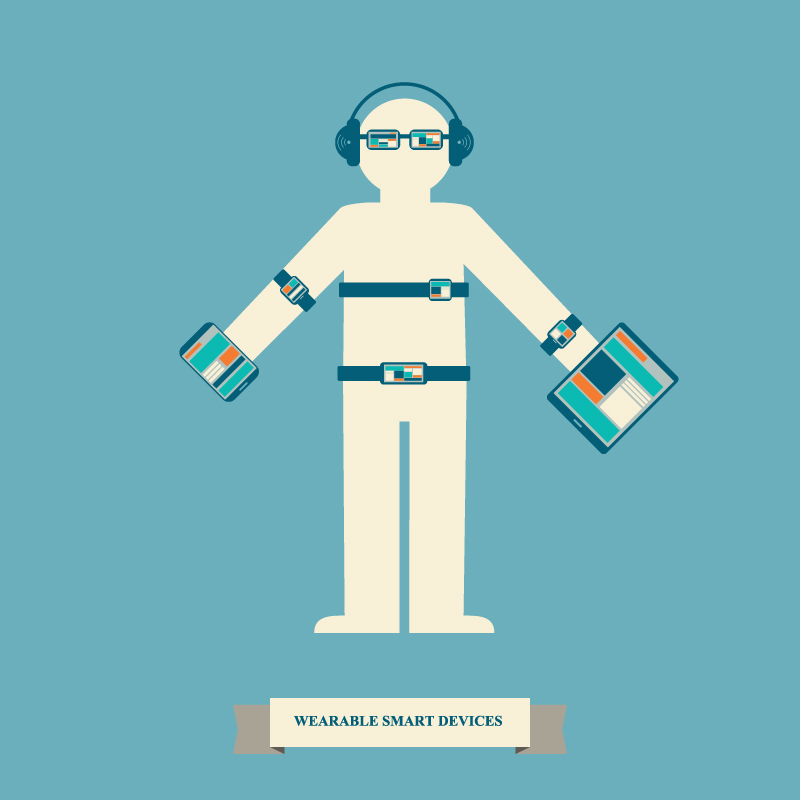University-developed Smart Clothing Monitors and Improves Lives of Parkinson’s Patients
Written by |

A biomedical engineering professor from the University of Rhode Island (URI) is advancing the field of smart textiles to make Parkinson’s disease patients healthier and improve their quality of life.
Kunal Mankodiya, who directs URI’s Wearable Biosensing Laboratory, is conducting research on ways to transform gloves, socks, and other pieces of clothing, including shoes, into internet-connected items that are embedded with sensors, electronics, and software woven into the fabric to relay information about the patients, so that their treatment strategy can be personalized. The smart items send the information to doctors, allowing them to make more informed decisions remotely.
“We are in the era of game-changing technology, especially in healthcare,” Mankodiya said in a press release. “URI’s College of Engineering is pioneering new medical devices that will change the way people receive medical care. It’s an exciting time for the University — and Rhode Islanders.”
Mankodiya and his team of students have been developing smart wearables for several years, included in their research efforts in the framework of the “internet of things” – to automate human interactions with the Cloud. One of their products that received media coverage was a wristband that monitors the tremors of Parkinson’s patients and sends the information to doctors through the internet.
Now, the team is focusing on textiles for patients with neurological conditions. Recent projects include a pair of gloves embedded with sensors on the fingers and thumbs that measure tremors and rigidity, common in Parkinson’s disease patients, and high-tech socks for people who have suffered strokes.
The gloves are connected to smartphones that process the data and then deliver it to patients’ neurologists.
“Patients with Parkinson’s face many mobility issues — driving and even walking long distances,” said Mankodiya. “The glove will give patients the option of receiving healthcare while remaining at home, and it also reduces the risk of falls and other accidents.”
The socks evaluate walking stride, he added. “They can quantify movements of the knee and ankle joints to find subtle irregularities that require therapy. The socks also monitor a patient’s progress.”
Other ongoing projects are oriented more to imaging, sensing, and recording brain function to treat Parkinson’s and other diseases. All projects were funded with National Science Foundation grants.
Mankodiya was born in India and received his BSc from Saurashtra University. He later moved to Germany to complete his PhD in computer science from the University of Luebeck. He joined URI in 2014 after completing post-doctoral research. At URI, Mankodiya now runs his lab and teaches a course called “Wearable Internet of Things.”


